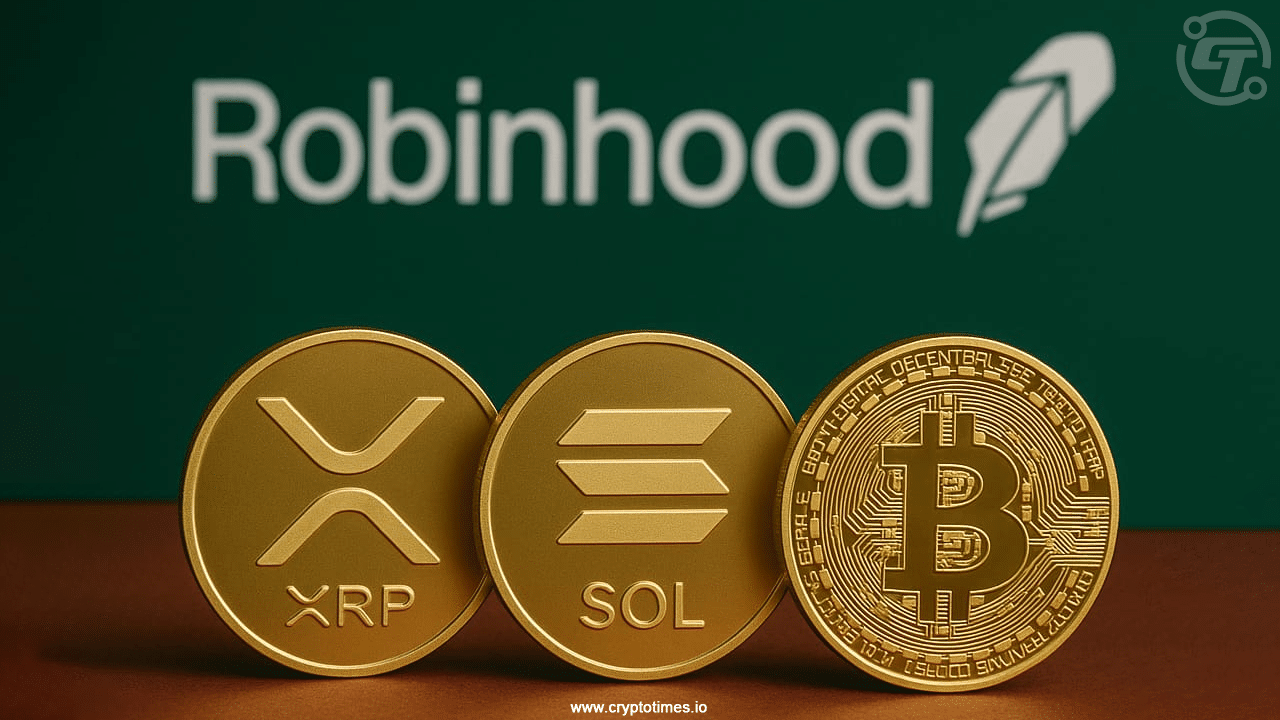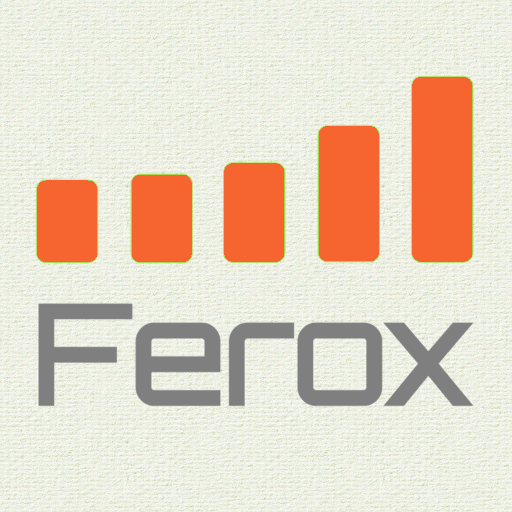Robinhood Launches Micro Futures for Bitcoin, Solana & XRP

1. What’s New?
Robinhood has officially rolled out micro futures contracts for three major cryptocurrencies—Bitcoin (BTC), Solana (SOL), and XRP. These contracts follow the January launch of Bitcoin and Ether futures, expanding Robinhood’s derivative offerings to a total of nine futures products covering four assets .
2. Why Micro Futures Matter
- Lower cost & accessibility: These smaller-sized contracts require significantly less capital, opening futures trading to a broader segment of retail investors .
- Precise control: For example, micro XRP contracts cover 2,500 tokens with $1.25 tick values, while micro Solana uses a 25-token multiplier, also priced per $1.25 tick .
- Flexible trading hours: These contracts are cash-settled and trade nearly 24 hours a day, five days a week (6 p.m.–5 p.m. ET).
3. Robinhood’s Crypto Strategy
- Platform reach: Serving over 25–26 million funded accounts in the U.S., Robinhood has become one of the largest retail platforms for crypto futures .
- Strategic growth through acquisitions: The company recently acquired Bitstamp for $200 million and WonderFi (with Bitbuy and Coinsquare) for $179 million, expanding its global licenses and infrastructure .
- Riding the wave: Retail trading volume in crypto futures surged to $11.7 billion in May, a 36% increase month-over-month and 65% year-over-year .
4. Retail Power & Market Dynamics
- Democratizing derivatives: These micro contracts put derivative tools in the hands of everyday investors, not just institutions—a pivotal shift in market structure .
- Institution meets retail: With both micro and standard futures available on major platforms like CME and Coinbase, Robinhood is bridging the gap between institutional access and retail demand .
- Strategic asset focus: Bitcoin offers macro exposure, Solana taps into DeFi/NFT hype, and XRP advances amid legal clarity; micro contracts let traders exploit these dynamics with manageable risk .
5. Risks & Considerations
While micro futures lower barriers, they don’t eliminate risk:
- Volatility exposure: Crypto derivatives remain highly volatile and can lead to rapid gains or losses.
- Regulatory uncertainty: Despite momentum, regulatory clarity—especially around XRP—remains a key concern.
- Margin/liquidation dangers: Easy access could lead inexperienced traders into precarious leverage positions, potentially triggering forced liquidations.
✅ Bottom Line
Robinhood’s introduction of micro futures marks a transformative moment for retail crypto trading. By offering smaller, lower-risk derivative contracts alongside robust execution tools and infrastructure, the firm is cementing its position as a major liquidity provider and innovation leader. For everyday traders, this unlocks new strategies in hedging, speculation, and market participation—but with amplified responsibility.





